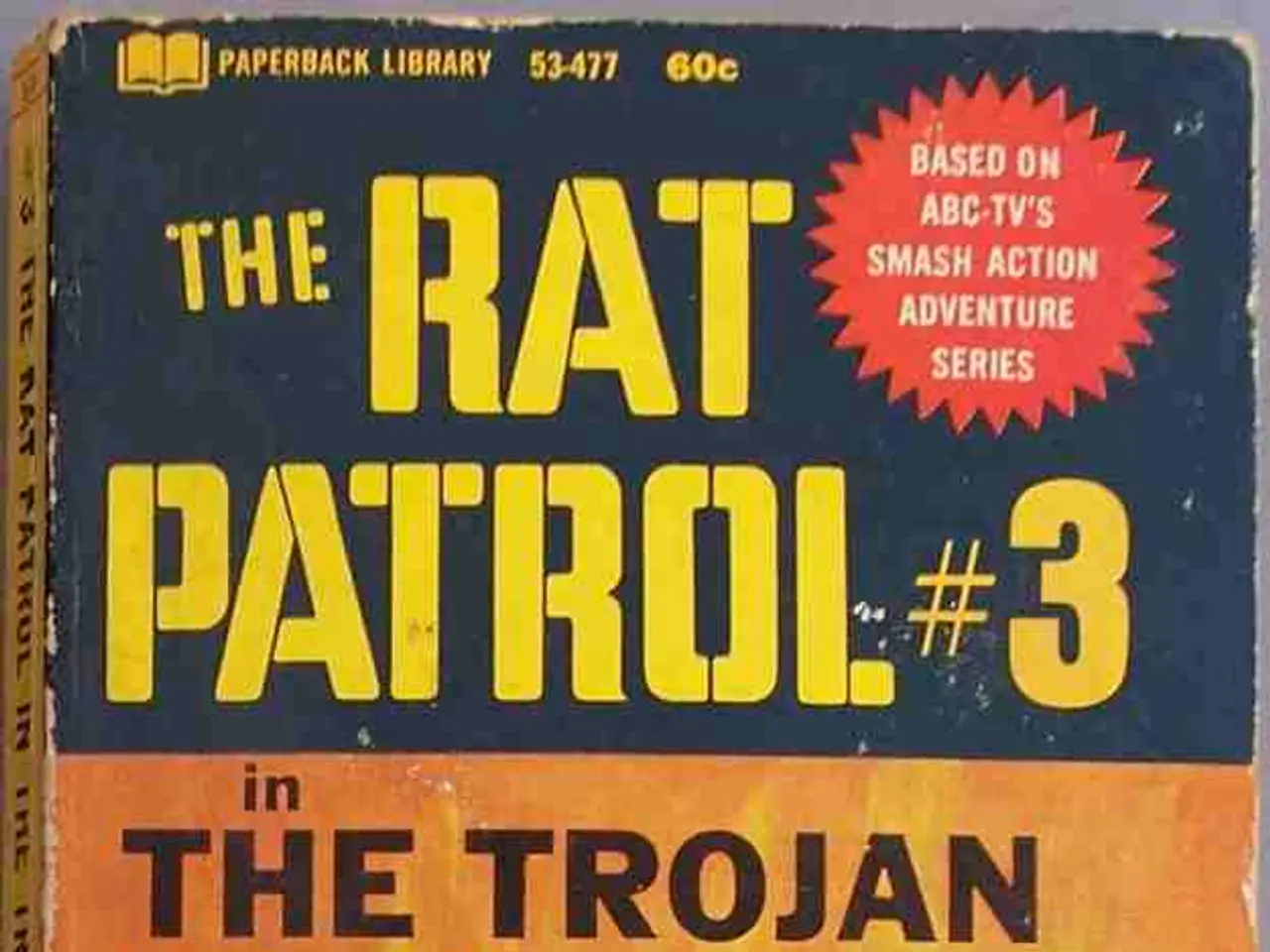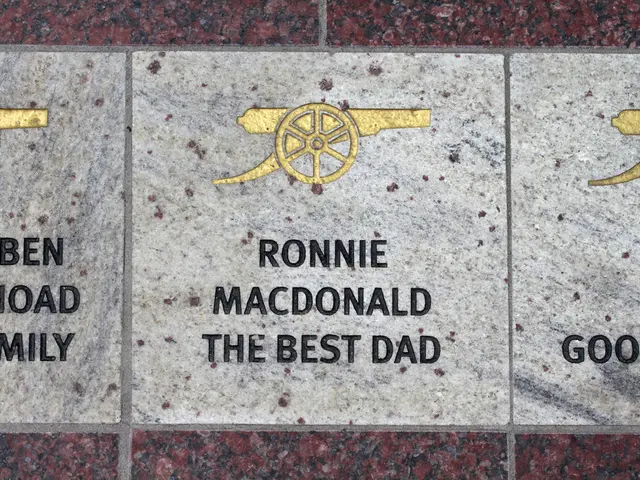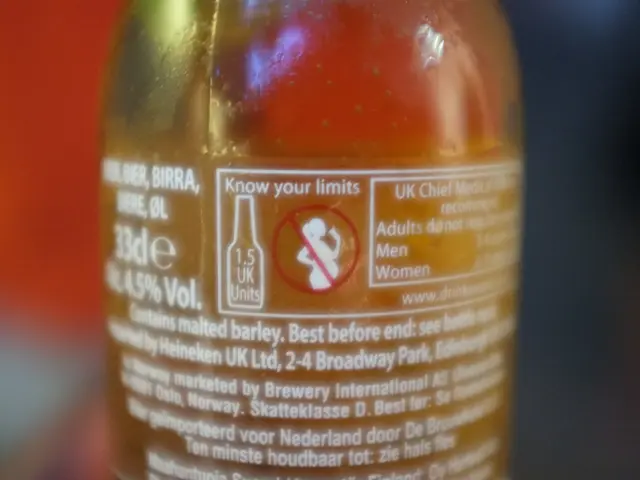Deteriorating munitions are submerged in the Baltic Sea, and Germany aims to retrieve them before it's too late.
In the depths of the Baltic Sea, a team of divers and engineers are working tirelessly to address a relic of the past: World War II ammunition. The German government has allocated €100 million to this project, aiming to rid the oceans of these dangerous remnants.
The decaying ammunition poses a considerable danger, as its casings are slowly rusting and emitting toxic substances such as TNT compounds. Dirk Schoenen, a diver, has recovered several 12.8-centimetre shells, broken wooden boxes, fragments of smaller grenades, and several 2-centimetre projectiles from the Baltic Sea.
The problem is not limited to the Baltic Sea. Neighbouring countries such as Denmark and Poland also face this concern. The issue is especially pressing in the Baltic Sea due to the narrow channel connecting it to the nearby North Sea and the Atlantic, which means the polluted water doesn't circulate out of the area for decades. Strong currents, especially in the North Sea, have spread the ordnance all over the seafloor.
Two teams of divers are working in 12-hour shifts around the clock to recover the ammunition. The rotting pieces are initially sorted and stored in baskets underwater until a special ship takes them ashore. Underwater robots are being used to screen the seafloor to help determine how such offshore facilities should be designed.
A four-week pilot project started last month on the Baltic Lift platform, where experts discovered a large field with around 900 tonnes of old ammunition. The long-term goal of the German government project is to find safe ways to recover and immediately destroy the ammunition, ideally by automated means without the help of human divers, and by burning the toxic material on a floating industrial plant at sea.
Substances derived from the explosives have been found to accumulate in marine life such as mussels and fish. However, the levels of toxic substances detected were well below safety thresholds for drinking water or for marine organisms, but in some cases "concentrations approached critical levels."
Volker Hesse, a marine engineer coordinating the program, noted that the findings are not just important for Germany but also of great interest to other countries because old ammunition sunk in the sea is a growing problem around the world. He also mentioned that the Black Sea is also facing the problem of contamination by ammunition from Russia's war in Ukraine.
Most of the ammunition was deliberately sunk in the ocean after the war because the Allies were concerned that Germany would resume hostilities against them again at some point. Today, these relics of a bygone era continue to pose a threat, and the efforts to remove them are a testament to our commitment to a safer, cleaner future.
Read also:
- Individuals Should Act if Drivers Display Risky Behavior - National Safety Awareness for Passengers Week
- "Family asserts that defective insulation led to a major mold outbreak"
- Energy Minister of Malawi, Ibrahim Matola, heads Malawian delegation for a knowledge exchange on BESS (Battery Energy Storage Systems), a trip held in India. This exchange is backed by the Global Energy African Partnership Program (GEAPP).
- Residents of Stuttgart frequently search for "stress relief" online.







